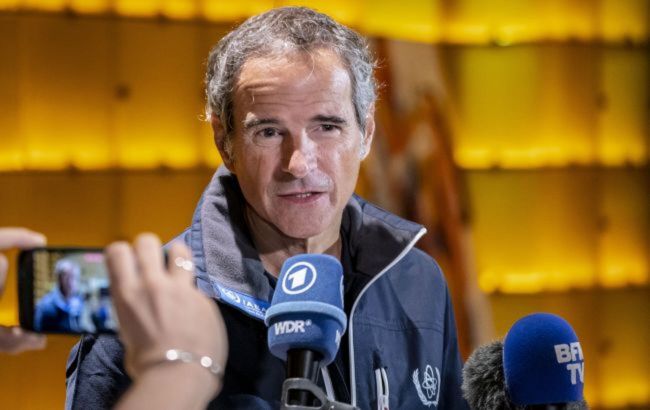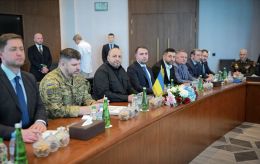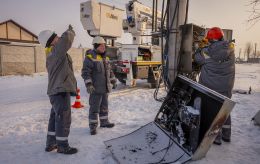Argentina nominates IAEA chief Grossi for post of UN Secretary-General
 Photo: IAEA Director General Rafael Grossi (Getty Images)
Photo: IAEA Director General Rafael Grossi (Getty Images)
On Wednesday, the government of Argentina officially put forward the candidacy of the current head of the IAEA, Rafael Grossi, for the position of the next UN Secretary-General, according to Europa Press.
"For me, it is a great honour and privilege to present today the candidacy of Rafael Grossi for the position of Secretary-General of the United Nations," wrote Argentina’s Foreign Minister Pablo Quirno on X.
He emphasised that Grossi "has built an outstanding career" spanning more than 40 years as a member of Argentina’s diplomatic corps, and in recent years as the head of the International Atomic Energy Agency (IAEA).
Quirno added that Grossi’s leadership qualities were recognised when he was elected to a second term as IAEA Director General in 2023.
"His deep knowledge of the multilateral system, his ability to promote diplomatic dialogue, his proven effectiveness in situations of conflict and serious international crises as an impartial and effective interlocutor, his technical and linguistic competence, and his commitment to the UN Charter make him an excellent candidate," the minister concluded.
According to Europa Press, Grossi has been nominated for the position of UN Secretary-General for the period from 2027 to 2031. Argentina submitted its candidacy as part of the open process of selecting a successor to António Guterres.
Who is Grossi
Rafael Grossi holds a master’s degree in political science, a master’s degree in international relations, and a doctorate in history and international politics.
Before becoming IAEA Director General, he served as the agency’s Deputy Director General from 2010 to 2013, when it was led by Yukiya Amano of Japan.
Grossi also served as Argentina’s ambassador to Austria for six years, from 2013 to 2019, during the presidencies of Cristina Fernández de Kirchner and Mauricio Macri.
Rafael Grossi recently stated that if Ukraine and Russia reach a peace agreement, then the Zaporizhzhia Nuclear Power Plant would require a "special status" and a cooperation agreement between the countries.

